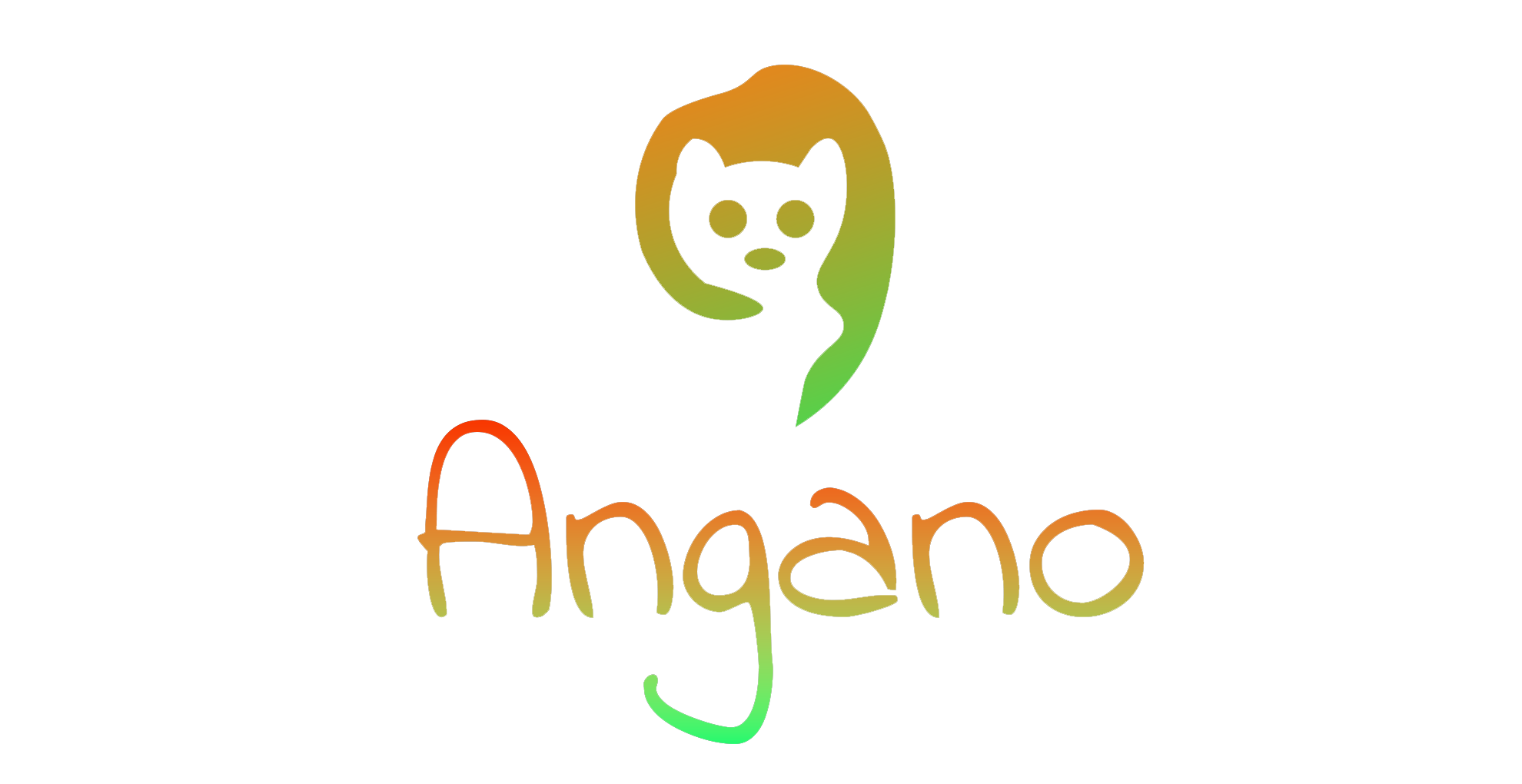Back in the year 1500, a Portuguese sailor named Diogo Dias was on a mission to reach India. But fate had other plans. After being blown off course, he made an unexpected discovery, becoming the first European to lay eyes on the island of Madagascar. his accidental encounter would mark one of the most remarkable moments in the history of Indian Ocean exploration.
Who Was Diogo Dias?
Diogo Dias was a navigator and sailor from Portugal. He lived during the Age of exploration, a time when European countries were sending ships to explore the world, trade, and spread their influence. He was the brother of Bartolomeu Dias, the famous explorer who first rounded the Cape of Good Hope (the southern tip of Africa) in 1488.
In 1500, Diogo Dias joined an expedition led by Pedro Álvares Cabral, a Portuguese commander. The fleet had two big goals:
- Find a sea route to India to bring back spices.
- Strengthen Portugal’s presence in the Indian Ocean.
But something unexpected was about to happen.
A Storm that changed everything
While sailing around the southern part of Africa, the fleet was hit by a powerful storm. The ships were separated in the chaos. Diogo Dias’s ship was blown off course and completely lost contact with the rest of the fleet.
Instead of following the planned route along Africa’s eastern coast, his ship was pushed further out into the Indian Ocean.
A Giant Island Appears
In August 1500, while trying to find land and fresh water, Diogo Dias spotted a huge island. It was completely unknown to Europeans at that time. This island was Madagascar — the fourth largest island in the world today.
Because he saw it on August 10, the Feast Day of Saint Lawrence, he named the island "Ilha de São Lourenço" (Island of Saint Lawrence).
Even though he was probably low on food and supplies, Dias did not stop to explore the island deeply. He only sailed along the northern coast, trying to find his way back to safer waters.
What Happened Next?
After spotting Madagascar, Diogo Dias continued sailing north, along the eastern coast of Africa. Historians believe he reached the areas near modern-day Mozambiqueand Somalia. Eventually, he arrived in India, but much later than the rest of Cabral’s fleet.
His ship was in poor condition, and many crew members had died from hunger or disease. Still, Dias managed to survive and bring back news of this new island.
Why Is This Important?
Diogo Dias’s discovery of Madagascar was not part of the original plan. He found the island by accident, but it became an important geographical discoveryfor the Portuguese.
At the time, the Indian Ocean was full of trade routes between Africa, Arabia, India, and Southeast Asia. Knowing about a large island like Madagascar helped Portugal improve its maps and plan future explorations.
However, even though the Portuguese were the first Europeans to see the island, they did not colonize it. Later on, French settlers would arrive and take more interest in Madagascar in the 17th century.
A Forgotten Hero?
Today, Diogo Dias is not as famous as other explorers like Vasco da Gama or Christopher Columbus. But his journey played a small yet meaningful role in the history of global exploration.
He reminds us that not all discoveries are planned. Sometimes, accidents and mistakes lead to new knowledge and unexpected opportunities.
Did He Return to Madagascar?
No. There is no record that Diogo Dias ever went back to Madagascar. He continued working for the Portuguese Crown and may have died a few years later during other missions in the Indian Ocean region.
Diogo Dias’s story is one of courage, survival, and luck. He didn’t set out to discover a new land, but nature had other plans. His accidental sighting of Madagascar opened a new chapter in the history of European exploration.
So the next time you look at a map and see that giant island off the coast of Africa, remember the lost sailor who saw it first — Diogo Dias.
Sources
- Encyclopædia Britannica. (n.d.). Diogo Dias. Retrieved June 29, 2025, from https://www.britannica.com/biography/Diogo-Dias
- New World Encyclopedia. (n.d.). Madagascar. Retrieved June 29, 2025, from https://www.newworldencyclopedia.org/entry/Madagascar
- The Mariners’ Museum. (n.d.). Portuguese Exploration. Retrieved June 29, 2025.
